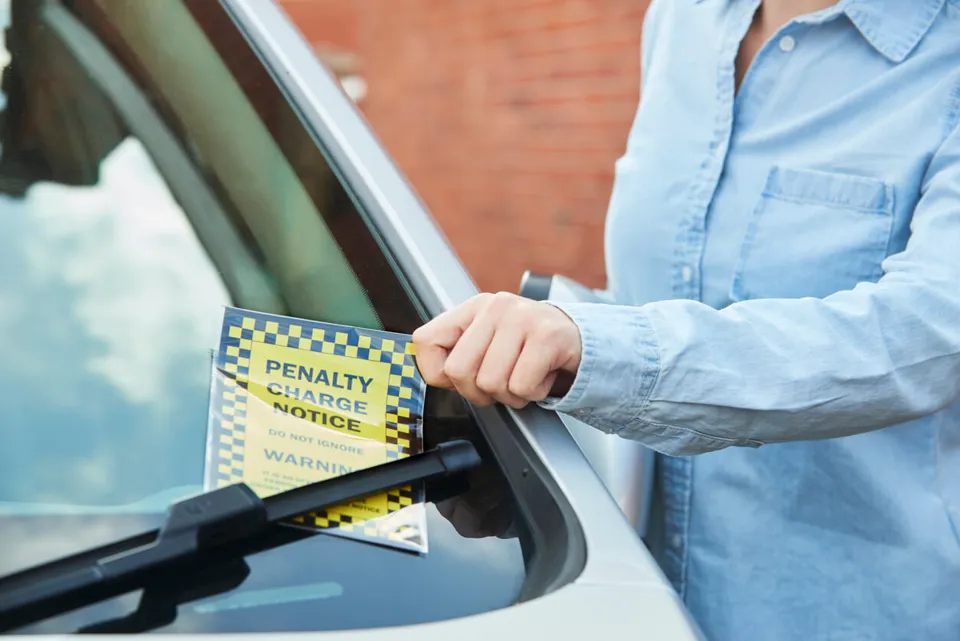Fleets are being urged to educate their drivers after town hall parking ‘profits’ hit almost £700 million – up 4% on the previous year.
Councils in England generated a combined ‘profit’ of £693m from their day-to-day, on and off street parking operations in 2014/15, with £308m (44%) of the overall surplus generated by councils in London.
The local authority with the largest surplus (£46.4m) was Westminster, though this was down 9% on the previous year.
The five biggest earners were all London authorities with only Brighton and Hove, and Nottingham, breaking into a top ten still dominated by councils in the capital.
Steve Gooding, director of the RAC Foundation, said: “The legal position is that parking charges are to be used as a tool for managing traffic. But with local government budgets under ever-greater pressure the temptation to see them as a fund-raiser must be intense.”
Although not all councils made a large surplus, few lost money on their parking activities. Just 57 (16%) of the 353 local authorities in England reported negative numbers, says transport consultant David Leibling, who analysed the data for the RAC Foundation.
The figures are calculated by taking income from parking charges and penalty notices, then deducting running costs. The rise in profits is accounted for by an increase in parking income rather than a reduction in running costs (which were in line with the previous financial year).
Local authorities must also provide the Government with an estimate of the surplus/deficit they expect to have at the end of the current financial year. This suggests the surplus figure for 2015/16 in England will be £687m.
John Pryor, chairman of fleet representative body ACFO, said: “Managing fines relating to parking and traffic offences can prove to be a legal, financial and HR administrative nightmare for fleet decision-makers and company car and van drivers alike.
“Last year ACFO held a ‘masterclass’ on the issue and it is clear from members’ views that the issue remains critical to them.”
The Freight Transport Association (FTA) was not surprised to see London boroughs dominating the top 10 due to the unique traffic management challenges faced by the capital.
However, Natalie Chapman, the FTA’s head of policy for London, believes that fleet operators can do a lot to mitigate the impact of parking fines to their bottom line.
“The best thing they can do is start by looking a little closer to home,” said Chapman. “We find in a lot of cases it’s drivers not understanding the rules.”
The FTA advocates passing on parking fines to employees where appropriate. “There’s nothing like concentrating the mind,” continued Chapman. “Employers should not just be picking up fines for a lack of awareness by drivers or their laziness.”
But, while driver education is important, both the FTA and ACFO say that the routine recording and analysis of parking tickets is vital. “That management information is crucial,” said Chapman. “Fleet operators can detect any trends emerging with particular locations or with certain drivers and deal with them.”
It also ensures that fleets are armed with necessary management information to appeal a ticket or not.
Research has shown that more than a quarter (27%) of complaints regarding council-issued parking tickets result in a cancellation.
Finance firm Zuto studied data from eight of the UK's largest councils, and of the 170,127 tickets contested between August 1, 2014, and July 31, 2015, it found 46,122 ended successfully with refunds totalling more than £3.2m.
Bristol was found to be the council which issued the most hotly-contested parking tickets, with around one in 10 of just under 85,000 parking fines issued by the local authority ending in successful challenges.
James Wilkinson, chief executive of Zuto said: “With only one in five parking tickets actually being contested, there are probably a lot more drivers who are paying unfair fines.”
View the full data set below, or click here.




















Login to comment
Comments
No comments have been made yet.